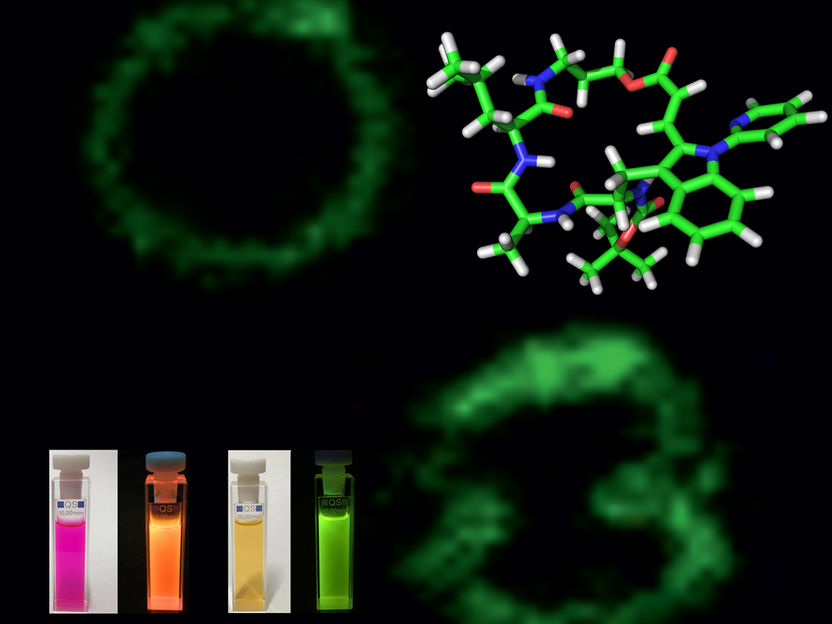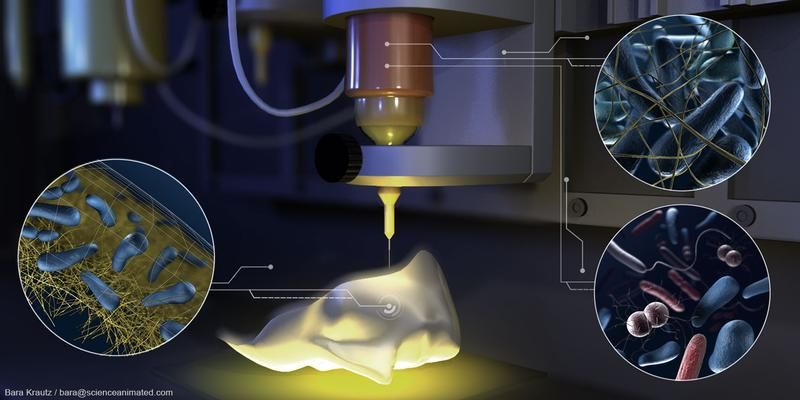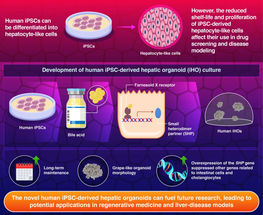Cancer Target Collaboration Agreement Signed Between MedImmune and Georgetown University
MedImmune, Inc. announced that it has entered into a licensing and collaboration agreement with Georgetown University for the development of monoclonal antibodies (MAbs) targeting anaplastic lymphoma kinase (ALK), a member of the insulin receptor family of tyrosine kinases. ALK is believed to play an important role in the growth of solid tumors including those associated with prostate, colon and lung cancers.
Under the terms of the agreement, MedImmune will receive exclusive worldwide rights to develop oncology therapies using MAbs targeting ALK. MedImmune will be responsible for the clinical development and commercialization of any resulting products. Georgetown University will receive an upfront payment as well as potential development milestone payments and royalties on future marketed products. The organizations will also participate in an ongoing research collaboration as part of the agreement.

Get the life science industry in your inbox
By submitting this form you agree that LUMITOS AG will send you the newsletter(s) selected above by email. Your data will not be passed on to third parties. Your data will be stored and processed in accordance with our data protection regulations. LUMITOS may contact you by email for the purpose of advertising or market and opinion surveys. You can revoke your consent at any time without giving reasons to LUMITOS AG, Ernst-Augustin-Str. 2, 12489 Berlin, Germany or by e-mail at revoke@lumitos.com with effect for the future. In addition, each email contains a link to unsubscribe from the corresponding newsletter.
Most read news
More news from our other portals
See the theme worlds for related content
Topic world Antibodies
Antibodies are specialized molecules of our immune system that can specifically recognize and neutralize pathogens or foreign substances. Antibody research in biotech and pharma has recognized this natural defense potential and is working intensively to make it therapeutically useful. From monoclonal antibodies used against cancer or autoimmune diseases to antibody-drug conjugates that specifically transport drugs to disease cells - the possibilities are enormous

Topic world Antibodies
Antibodies are specialized molecules of our immune system that can specifically recognize and neutralize pathogens or foreign substances. Antibody research in biotech and pharma has recognized this natural defense potential and is working intensively to make it therapeutically useful. From monoclonal antibodies used against cancer or autoimmune diseases to antibody-drug conjugates that specifically transport drugs to disease cells - the possibilities are enormous
Last viewed contents

Clever biomolecular labelling enables identification of immune cells - New strategy for labelling peptides
Laminopathies: Key components in the disease mechanism identified
CLC bio establishes independent non-profit foundation to give back to the genomics community























































